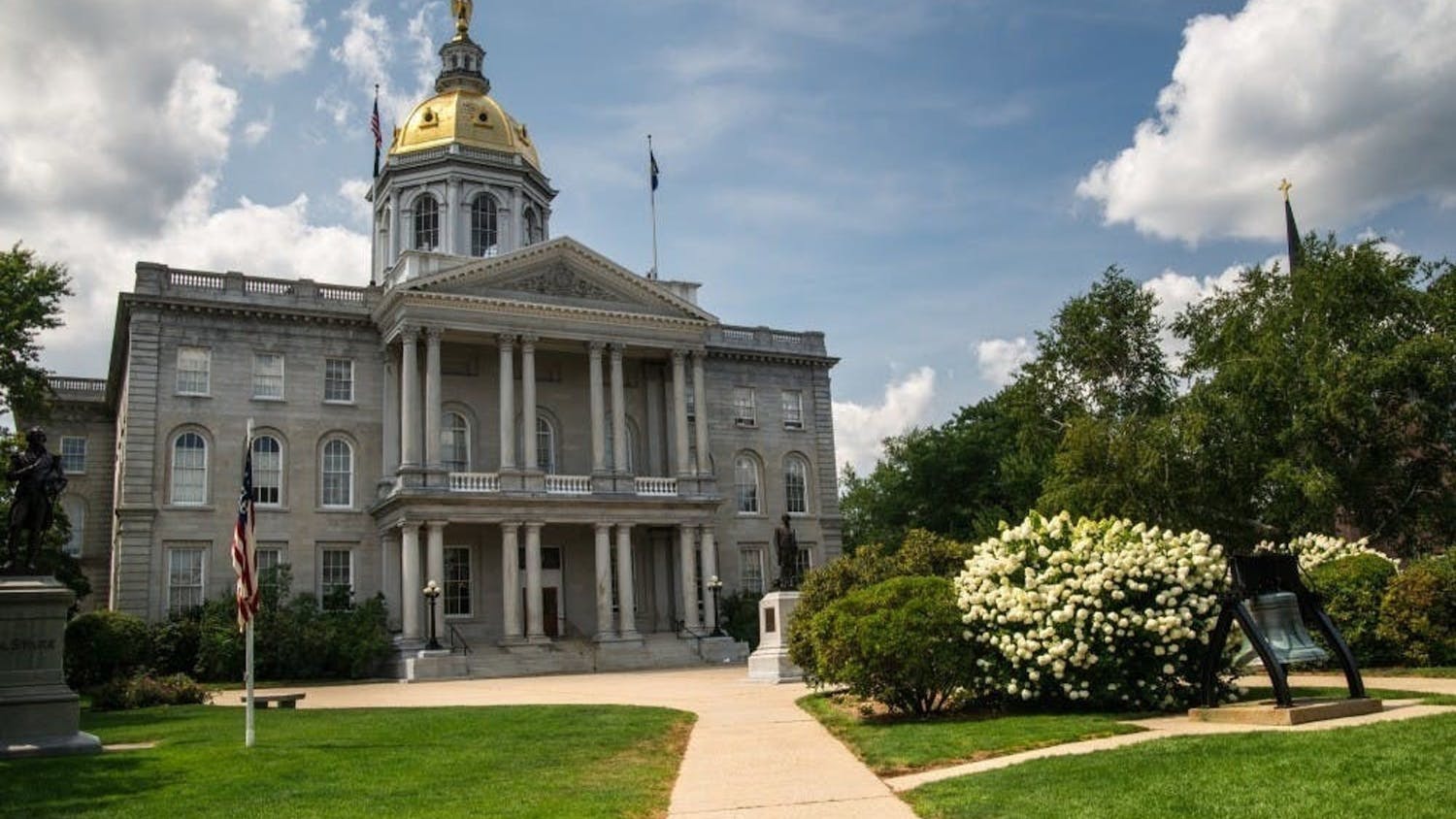A small-town girl from North Dakota and a published mathematician, Heidi Williams '03 was recently named a 2002 Truman Scholar for her work on improving young women's access to math and science education.
The $30,000 award, offered to 64 out of 590 undergraduate candidates, will pay for part of Williams' graduate school program in mathematics.
The Truman Scholarship is designed for students who want to pursue careers in government and nonprofit, and Williams fits the bill with her interest in education.
As part of her current Presidential Scholarship independent-study program, Williams single-handedly organized a Sister-to-Sister Conference, which brought 110 middle school-age girls from eight local schools to the Rockefeller Center on March 8 to discuss educational inequality.
"I feel like teaching will always be a big part of what I do. I hope to do innovative programs at whatever level of education I enter," Williams said. Although she is currently unsure if she will pursue a professional teaching career, she will have time to decide while doing research at one of the 15 graduate schools where she has applied.
Right now, Williams is focusing on her thesis, which she said will have to do with her favorite mathematics subject, cryptology, the science of making and breaking codes.
Her interest in math began in high school, where she won awards for her science-fair project on the German "Enigma Code" of World War II.
"The Enigma Code is still considered one of the best codes ever made," she said. "I made a better computer program and algorithms to break the code."
By the time Williams was a first-year student at Dartmouth, her cryptology paper had been published in a national journal entitled Cryptologia. Despite her love of codes, she said she doesn't want to pursue cryptology as a career, partly for ethical reasons.
"Education is probably more important to me right now than research," she said. At the same time, she mentioned that she loves "the theoretical aspect of math -- the beauty of how the different subjects within math interact and fall into this unified thing, which is hard to express."
With Williams' already high level of achievement in high school, it is little surprise that she has continued to succeed at Dartmouth. Nevertheless, there were obstacles along the way.
"I wasn't encouraged to take math or science classes [in high school] and was told that I would be better off in home-ec classes. There weren't any female teachers or role models in math -- but luckily at Dartmouth there are a number of very strong female faculty members available for any girl who wants to pursue math."
William's rural home state has had an large impact on her life, and she said she would eventually like to move back to the Midwest.
"The sense of community I've gained from living up there has a lot to do with how involved I've chosen to be in community outside of Dartmouth.
"It was nice to grow up in an environment were I felt so safe and taken care of. But maybe it lead me to nave and less prepared to enter the real world as people here see it."
Friends described the soft-spoken Williams as "disciplined and unselfish."
"She's devoted to her friends. Even though she's so busy, she always makes time. I don't think anyone who knows her could say anything bad about her because she's such a great person," said Adam Kuhlmann '03, Williams' friend since freshman year.
Unlike many science majors at Dartmouth, Williams did not start her first year with any advanced placement credit due to the small size of her high school in Williston, N.D. -- a town with a population of 9,000.
"I was never really far ahead. I was never taking calculus in sixth grade or anything like that. I started in Math 3, but I've just taken a lot of courses since I've been here," she said.
She emphasized that her mentor in the math department, Dorothy Wallace, has been an important role model.
Williams also draws inspiration from Rita Calwell, the head of the National Science Foundation. The Truman scholar said that she would like to work for the NSF on educational outreach sometime in the future.
If she goes into teaching, Williams said that she would prefer to work at the high-school level. "I feel like college is sometimes too late to grab students interests," she said. "If they lose interest in high school, it's really hard to come to college and want to take intro to calculus or some other math class."
Williams said introductory math classes at Dartmouth, such as Math 3, should be improved to be "friendly and more personable."
She also believes that the College should provide students with more research opportunities in math. "Students can do more applied rather than theoretical research, gaining experience that will encourage and help them when they go on to grad school."



